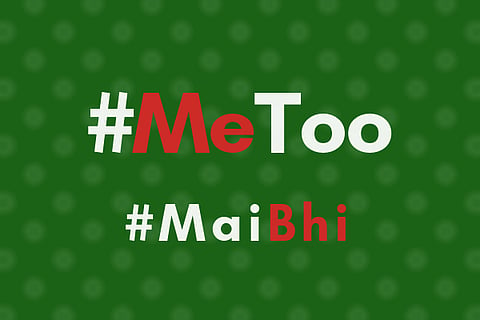Pakistan’s missing #MeToo movement
As the #MeToo movement gathers momentum across various parts of the world, Pakistan remains largely unaffected by it. Far from making waves, the social-media-driven movement has hardly made ripples in the country. Among the most prominent cases connected to the nascent #MeToo activism in Pakistan has been that of popular model, singer and actor Meesha Shafi. In April 2018, Shafi came forward with allegations of sexual harassment against fellow musician and actor Ali Zafar. Zafar denied the accusations and subsequently filed a defamation suit against her. In fact, his film Teefa in Trouble, released after the allegations were made public, was screened in theatres all over the country and ended up raking in more than PKR 300 million (USD 216,000).
In fact, many of the statements emerging from within the industry have been disparaging rather than supportive of #MeToo, with numerous celebrities rallying to Zafar's support. Model Sadaf Kanwal, for instance, recently remarked on a prime-time TV show that "You should just come out immediately after you have a MeToo incident. Why are you recalling it later?" Kanwal's remarks cannot be seen in isolation; they indicate a bigger problem when it comes to talking about sexual harassment in Pakistan.

